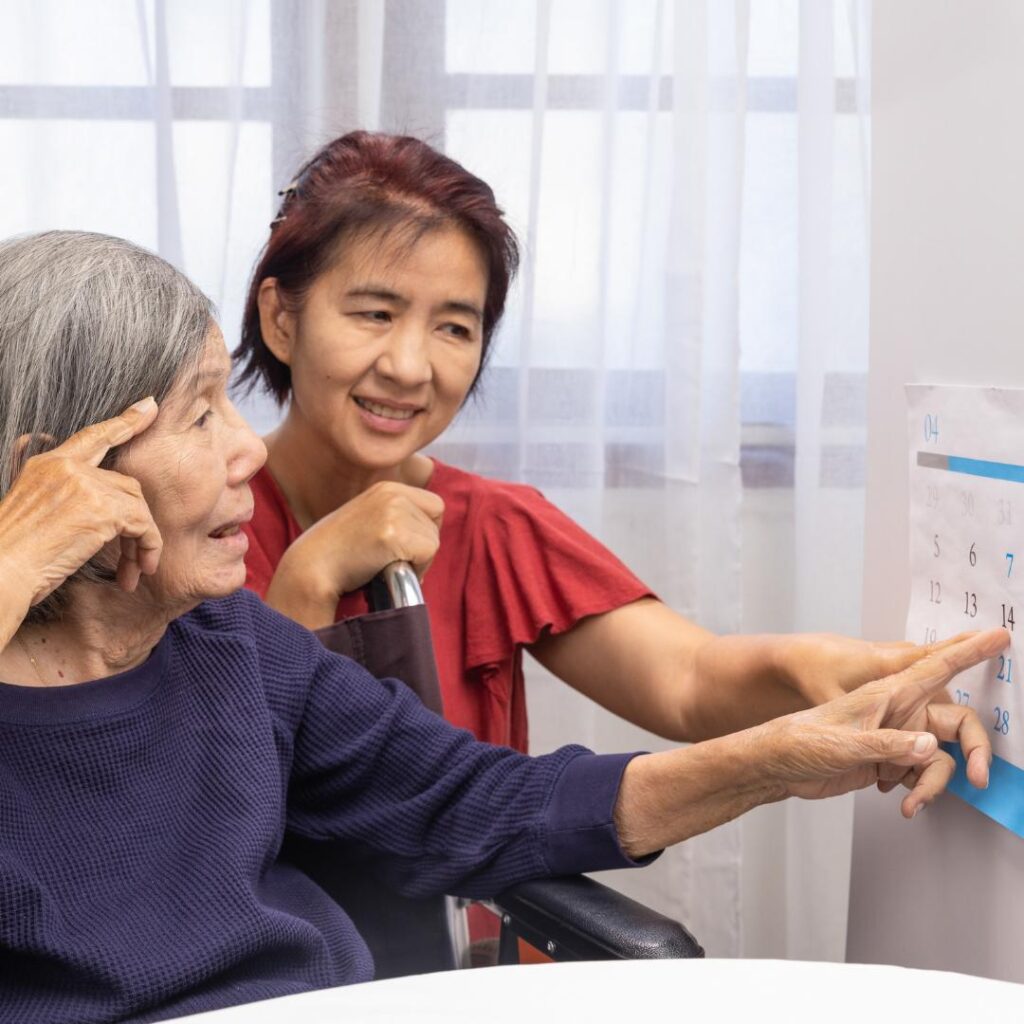Nurturing Dementia Support and Care in Singapore: Tips and Insights

Dementia is a progressive condition that affects millions of people worldwide, including those in Singapore. As the prevalence of dementia continues to rise, it becomes crucial to provide adequate support and care for individuals living with this condition. In this article, we delve into the realm of dementia support and care in Singapore, offering valuable tips and insights to empower individuals and families facing this challenge.
Understanding Dementia
Dementia is not a normal part of ageing but a syndrome characterised by a decline in cognitive abilities, affecting memory, thinking, behaviour, and the ability to perform everyday tasks. It is essential to understand the different types of dementia, its common symptoms, and the impact it has on individuals and their families. By increasing awareness and knowledge, we can foster a more compassionate and informed approach towards dementia care.
Here are some key aspects to deepen your understanding of dementia:
Types of Dementia
Dementia encompasses various subtypes, including Alzheimer’s disease, vascular dementia, Lewy body dementia, and frontotemporal dementia. Each type has distinct characteristics and progression patterns, which may impact the symptoms and care approaches.
Early Signs and Symptoms
Recognising the early signs of dementia is crucial for early intervention and management. These signs may include memory loss, difficulty with language and communication, confusion, changes in mood and behaviour, and challenges with problem-solving and decision-making.
Progression and Stages
Dementia is a progressive condition that worsens over time. Understanding the different stages of dementia, such as mild cognitive impairment, early-stage, middle-stage, and late-stage dementia, can help individuals and caregivers anticipate changes, plan ahead, and provide appropriate support.
Dementia Support Services in Singapore
Singapore offers a range of support services tailored to meet the unique needs of individuals living with dementia and their families. These services include:
Dementia Day Care Centers
Daycare centres provide a safe and engaging environment for individuals with dementia, offering social activities, cognitive stimulation, and respite for caregivers.
Dementia Support Groups
Joining a dementia support group can be immensely beneficial for individuals and caregivers alike. These groups offer emotional support, information sharing, and a sense of community with others who understand the challenges of living with dementia.
Dementia-Friendly Communities
Singapore is making significant strides in creating dementia-friendly communities that promote inclusivity, awareness, and support. These initiatives aim to improve the quality of life for individuals with dementia by creating an environment that is conducive to their needs.
Caregiver Support Programs
Caregivers play a vital role in dementia care but often face physical, emotional, and mental strain. Caregiver support programs provide resources, education, and respite services to support and empower caregivers in their journey.
Tips for Dementia Care and Support

Here are some valuable tips to enhance dementia care and support in Singapore:
Seek Professional Assessment and Diagnosis
If you suspect that you or a loved one may be experiencing symptoms of dementia, seek a professional assessment and diagnosis. Early detection allows for better management and access to appropriate support services.
Establish Routine and Familiarity
Maintaining a consistent routine and providing a familiar environment can help individuals with dementia feel more secure and reduce confusion. Create a structured schedule for daily activities and minimise environmental changes whenever possible.
Promote Cognitive Stimulation
Engaging individuals with dementia in mentally stimulating activities can help maintain cognitive function and slow down the progression of the condition. This includes puzzles, memory games, reading, and other activities tailored to their abilities.
Foster Emotional Connection
Emotional well-being is crucial for individuals with dementia. Maintain meaningful connections through regular social interactions, reminiscing, and engaging in activities that bring joy and comfort.
Educate and Involve Family Members
Dementia care is a collective effort. Educate family members about the condition and involve them in care decisions and planning. This promotes a shared understanding and support network for the individual with dementia.
Engage in Meaningful Activities
Stimulate individuals’ minds and promote engagement through activities they enjoy. This can include puzzles, music therapy, art therapy, gardening, or reminiscence activities. Tailor activities to their abilities and interests, focusing on enjoyment and emotional connection rather than outcomes.
Practice Patience and Empathy
Dementia can cause confusion and behavioural changes, so it’s essential to remain patient and empathetic. Avoid arguing or correcting them; instead, offer reassurance and validate their feelings. Be attentive to their non-verbal cues and emotions.
Seek Support and Respite
Caring for someone with dementia can be challenging, both physically and emotionally. Seek support from dementia support groups, online communities, or professional caregivers. Take breaks and prioritise self-care to prevent burnout and maintain your well-being.
Promote Physical and Mental Health
Encourage regular exercise, as it can help improve mood, sleep, and overall well-being. Provide a nutritious diet and monitor hydration. Engage individuals in mentally stimulating activities, such as reading, puzzles, or memory games, to help maintain cognitive function.
Stay Connected
Social interaction is vital for individuals with dementia. Encourage visits from family and friends, involve them in community activities, and consider respite care or day programs that offer socialisation opportunities. Utilise technology to facilitate virtual connections if in-person visits are challenging.
Monitor and Adjust the Care
Dementia is a progressive condition, and care needs may evolve over time. Regularly assess the individual’s needs and consult with healthcare professionals to make necessary adjustments to their care plan. Stay informed about advancements in dementia care and seek professional advice when needed.
Conclusion:
Navigating dementia in Singapore requires a holistic and compassionate approach. By understanding dementia, accessing appropriate support services, and implementing valuable tips, individuals and families can provide the necessary care and support for a fulfilling life despite the challenges. Remember, dementia care is not a journey to be embarked upon alone.
Seek help, access resources, and nurture a supportive network to ensure the well-being and dignity of individuals living with dementia. Ensure that your elderly loved one with dementia receives the proper care and attention they deserve. Contact iKare for dementia care and elderly home nursing service.















